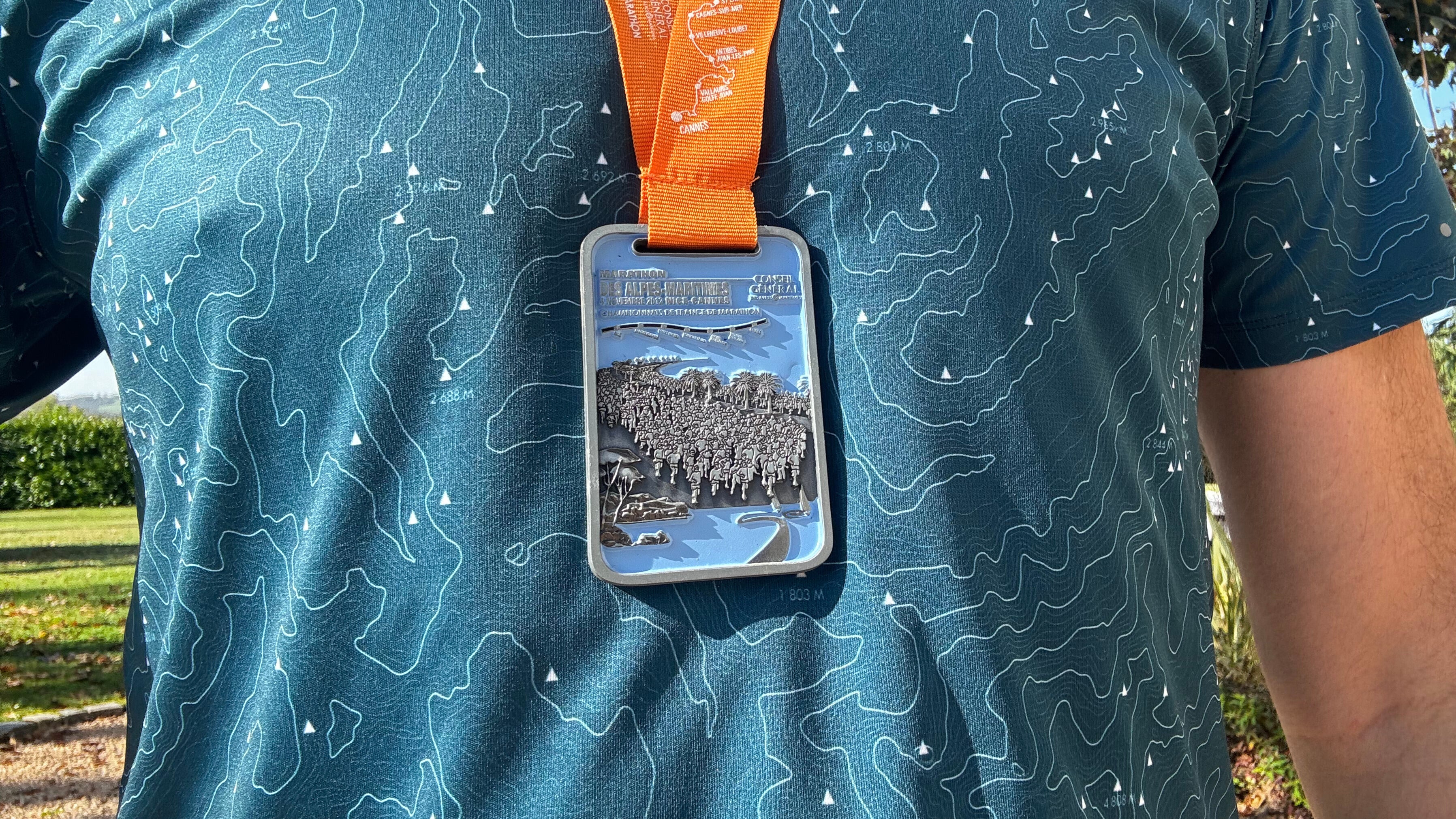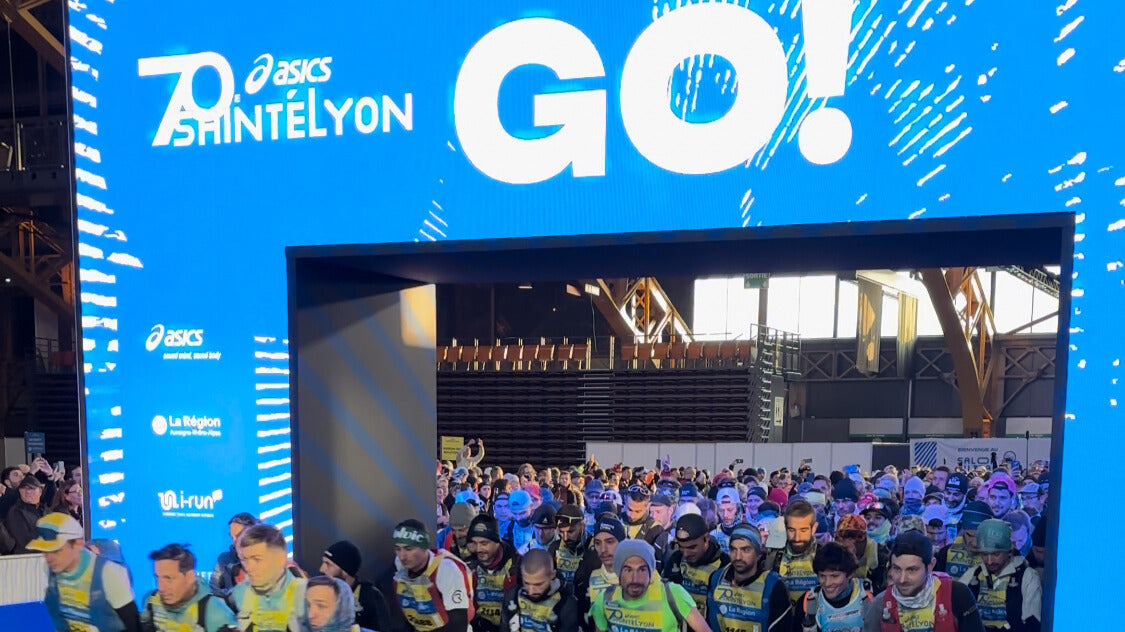
Why run in the morning?
The question of the ideal time slot always arises when planning training sessions whether in running or trail running especially during the week. Is it better to run early in the morning, between noon and two or in the evening after work?
For sessions that take place during the week and when the professional schedule allows it, morning sessions should be preferred by following the following 7 tips:
1. An excellent physical and mental awakening
Waking up and getting ready to go for a run early in the morning can sometimes take a bit of courage, especially in winter. But once you manage to get out of bed, it’s a great way to start the day. It’s a great wake-up call both physically and mentally. It’s a quiet time of day that’s particularly suited to physical exercise like running. If you’re leaving early and it’s still dark, it’s important to stay visible, especially on the road, with clothing that includes reflective dots on the front and back.
2. Take care of your warm-up
You have just woken up, so take the time to build up muscle power as well. The first 5 minutes of your workout should be gentle, doing some stretching exercises, then starting off gently in very light jogging mode. These are 5 minutes of muscle awakening in pre-workout mode. Also, be careful in the middle of winter when temperatures are very low to cover your legs well, especially your calves. In very cold weather, calf contractures can appear suddenly. The cold reduces muscle tone, which increases the risk of contractures.
3. Take advantage of the morning light and atmosphere
Morning lights and atmospheres are often magical. Depending on the time you leave, you may be treated to a beautiful sunrise or morning mists over rivers or clinging to the side of a mountain or hill. Nature is still a little asleep and the calm that reigns there is relaxing. Take full advantage of these moments of connection with nature, before the day begins.
4. Burn fat by running on an empty stomach before breakfast
If you go running before breakfast, you will burn more fat. The level of fat burned during a fasted running session can be close to 60% compared to only 30% after a meal, the rest of the energy needed for the run coming from carbohydrate reserves. When fasted, the body will seek the energy it needs more quickly from lipid reserves. It will first use glycogen stores in the muscles and liver. Since these are lower when you are fasting, it will use fat once carbohydrate reserves are depleted. Running on an empty stomach will therefore increase the weight loss effect linked to running. Small tips: bring a bar or a fruit with you in case you get too hungry, eat breakfast as soon as you get back from your session and if you are going out after the race time, avoid being on an empty stomach and have a small, easy-to-digest snack before going for a run.
5. Enjoy the post-race sensations for a large part of the morning
When you run in the morning, the endorphins and adrenaline that flow through your body after the run will put you in a good mood. Endorphins have both numbing (you feel less pain) and euphoric (you feel a sense of fullness) properties. A morning workout can also help you function better mentally. In the hours following exercise, memory, problem solving, cognitive flexibility, verbal fluency, decision making, and inhibition control are likely to improve.
6. Get your body used to early morning performance like racing
Races often take place early in the morning. And the training sessions you do early in the morning train and accustom your body to physical activity early in the morning. This will make it easier to get going on race day, especially when the start is very early in the morning. The adrenaline linked to the excitement of the race will do the rest to put you in good condition on the day.
7. Enjoy better quality sleep
Running in the morning is better than running in the evening for the quality of your sleep. In fact, running and high-intensity sports are not recommended in the evening, before starting your night's sleep. Any training session will raise your body temperature and heart rate. These are stimulating effects that are not conducive to falling asleep. If you go running very early in the morning, be careful not to reduce the number of hours of sleep you need per night. If you wake up an hour earlier for your morning sessions, also try to go to bed an hour earlier. A chronic lack of sleep will have a negative effect on your fatigue and increase the risk of injury over time. If you run in the morning, your body will have time to recover throughout the day from your morning training and the session will not have a negative effect on your sleep in the evening. On weekends, it's also best to run in the morning for the same reasons mentioned above, but the good news is that the start time can be more easily shifted an hour or two ahead of weekday sessions.



Leave a comment
This site is protected by hCaptcha and the hCaptcha Privacy Policy and Terms of Service apply.